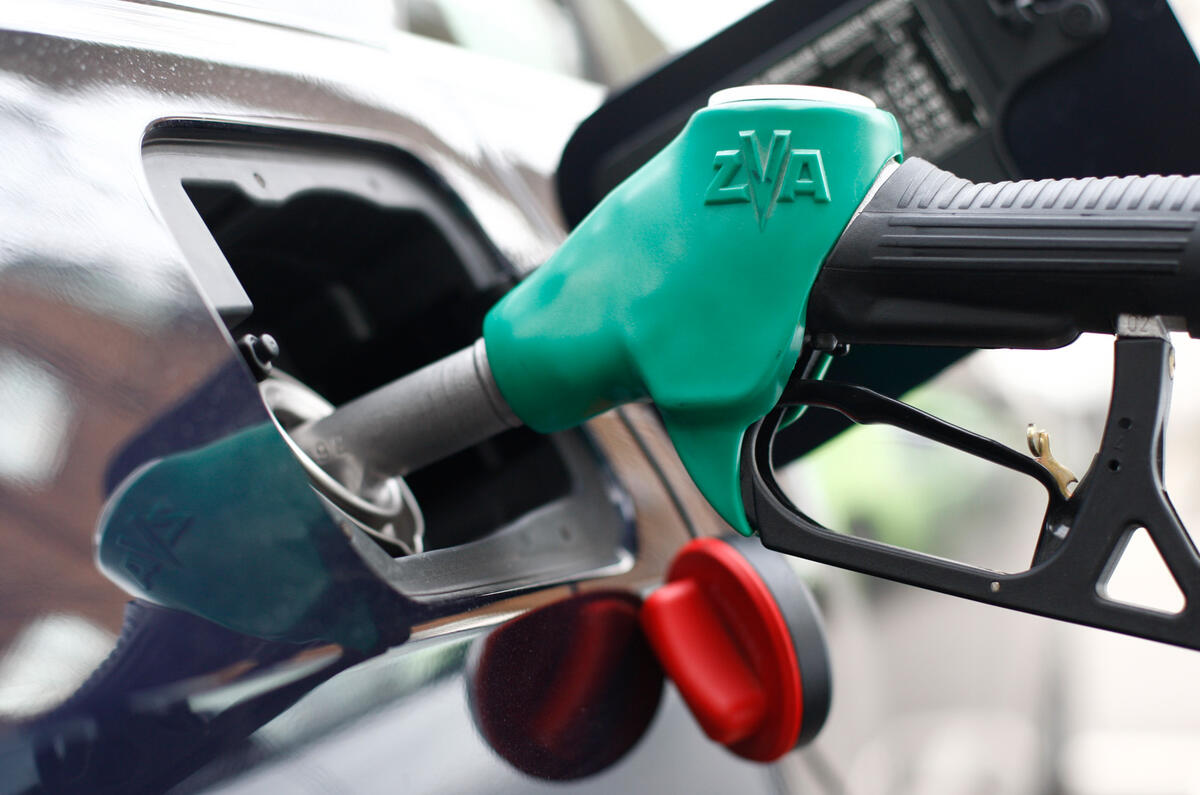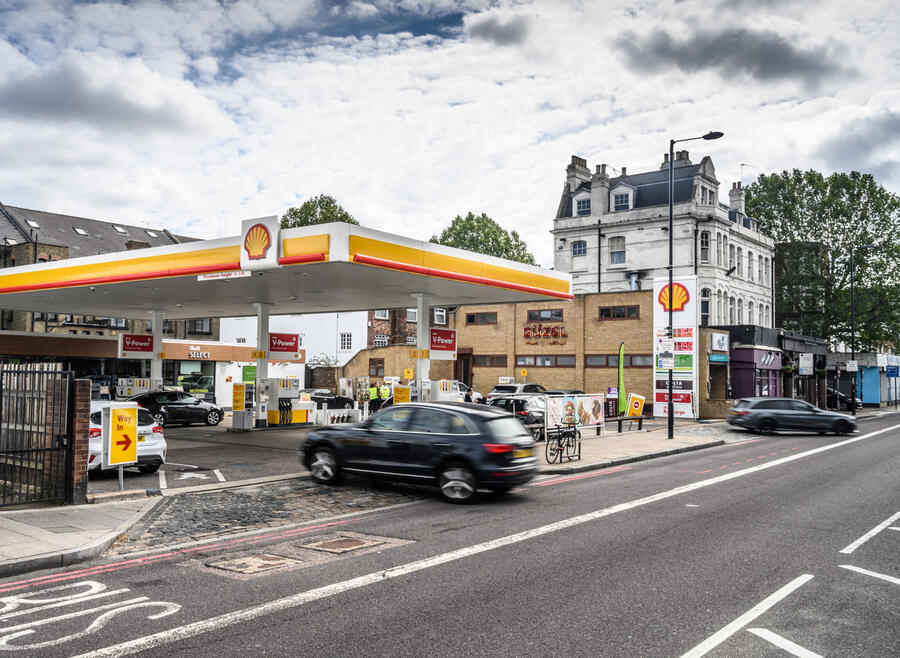Happy 60th Birthday to the Smeed Report. Commissioned by the Conservative government of the time, it was intended to come up with ways of directly charging motorists for road use.
Even though mass car use had only just started to really accelerate in the UK, the planners and economists were already looking for a way to control vehicle use, thinking that variable road pricing might be a way of ‘nudging’ driver behaviour, reducing peak-time congestion and so on.
Clearly, the technology didn’t exist in the 1960s to allow for variable road charging, and it wasn’t even used when central London got the flat-rate Congestion Charge in 2003. Efforts to extend road charging to Greater Manchester and Edinburgh in the 2000s were defeated in local referendums.
Despite planners and politicians being so keen on road-pricing, the average motorist is well aware that 59p in tax is added to every litre of fuel sold and then VAT added to the whole bill.
It’s a hefty tax by any measure, but it’s also one that's uniquely easy to levy. Some even call Fuel Duty ‘the perfect tax’, because it's so cheap to recover and the Treasury has a near-100% success rate in doing so.
It’s for this reason perhaps that road charging has never really taken off in the UK. As the London Congestion Charge has shown, road tolls can be very expensive to levy and they don't have a great record in emptying the streets in any case.
This uneasy truce between the planners and the public could be finally about to be broken, due to the rise of the electric vehicle.
Last week, a House of Commons committee put out a new report on ‘reforming motoring taxation’ under the catch line ‘zero emissions shouldn’t mean zero tax revenue’.
As the report freely admits, the government's intention to ban the sale of new ICE vehicles by 2030 (and allowing only long-distance plug-in hybrids to exist until 2035) could result in the tax take from drivers nose-diving.






Join the debate
Add your comment
Are we looking at this from the right angle? Surely the most pressing need now is to reduce emissions and air pollution? Currently there are some crazy things happening in the fossil fuel tax system that aren't helping. For example, airlines don't pay any VAT on the fuel they use, despite the massive pollution impact from flying. This is a scandal. Also, if you buy coal to burn in your house, you pay 5% VAT. But if you put solar panels on your roof, you pay 20% VAT. Also, did you know that the UK tax payer is currently paying for the clean-up of disused oil industry facilities in the North Sea, not the fossil fuel companies? If we ended all this madness and put fossil fuel taxation in the right places, that would bring in enough money to negate the need to change road fuel duty for a considerable period.
Yes, ICE powered isn't going to disappear next week, but as we progress towards the future there will have to be a way of replacing a Tax which I agree wasn't all spent on us the drivers, imagine what kind of Roads we'd have if the whole £35 billion was spent on them, yeah, well it won't be, only a measly £8billion, but apart from COVID year/ years there are more and more Cars on the roads, where are they going to Tax us more to make up the shortfall?, put Fags and Booze up by 50%?, food bills are up 20% already, what are they going to be in ten years time?, so privacy, if you've nothing to hide where's the problem?, might put pay to unnecessary trips?, I'm not bothered about with it, the World is too PC these Days.
You also need to consider the privacy intrusion as every journey would need to be tracked and traced with everywhere you go and details of every journey recorded on a database.
Concerning the loss of the revenue from fuel, how about the government stopped spending so much of our money and began budgeting like the rest of us in order to survive financially.
Road pricing is not and cannot be financially neutral compared to current taxation. It's also a serious infringement on privacy and is therefore unacceptable in every sense.